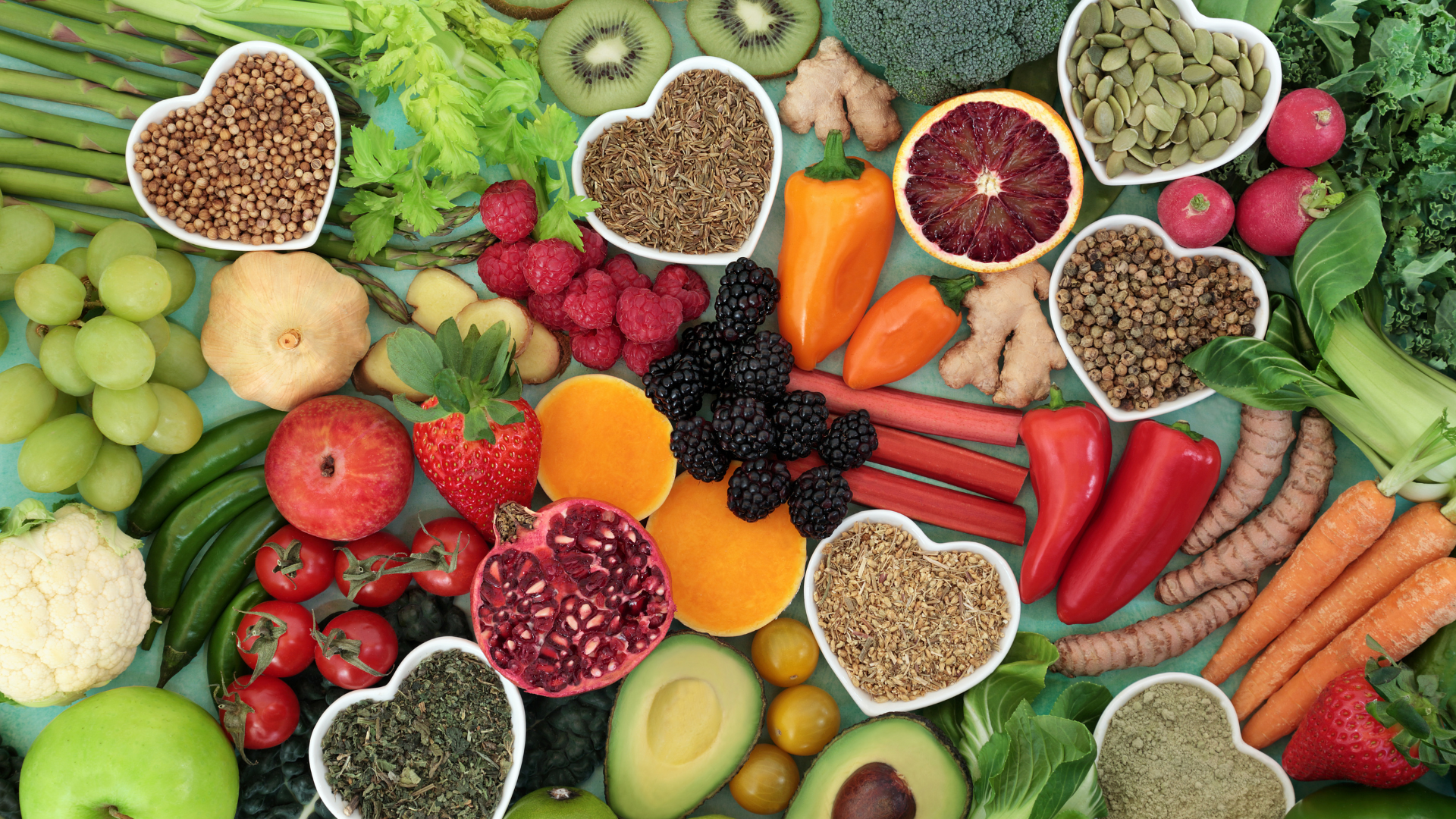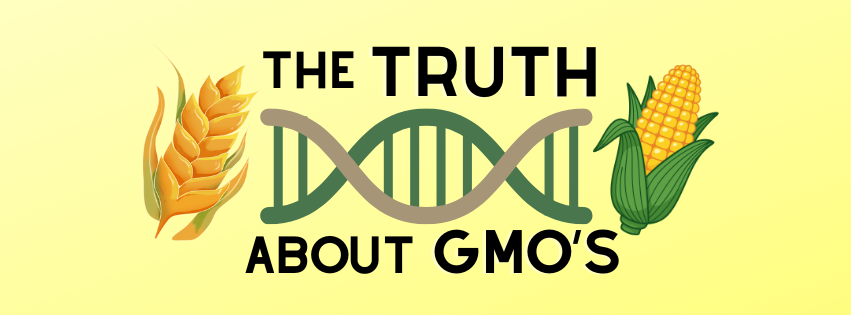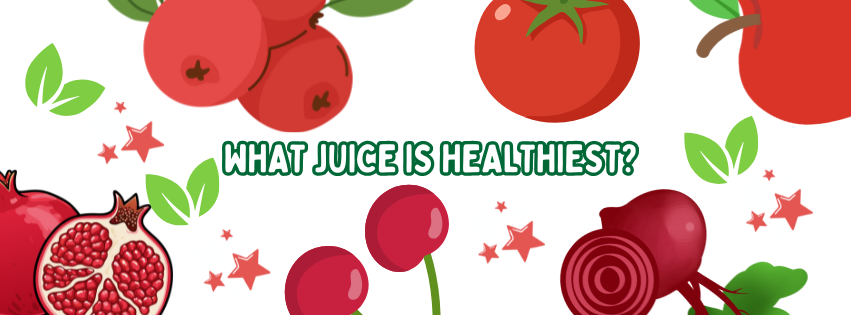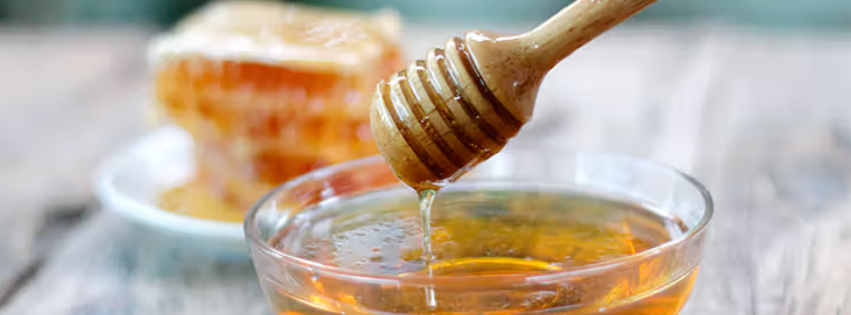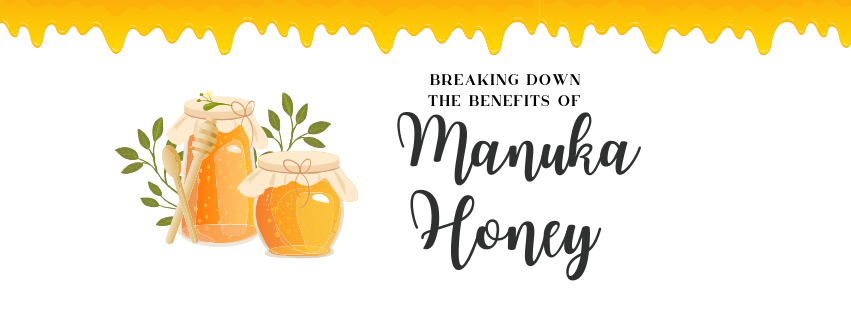Staying Strong
There has never been a better time than right now to adopt a healthy lifestyle. Here are some suggestions for a nutrition and supplement regime!
NUTRITION
- Eat organically grown food to avoid pesticides. Why? The fewer chemicals your body must neutralize the more energy it can dedicate to immune activity.
- Drink filtered or spring water to eliminate chlorine from your diet..
- Consume a diet that is 75-80% alkaline forming foods.
Hippocrates said, “Let thy food be thy medicine and thy medicine be thy food”. Here’s some everyday foods that fight viral infections head on…
CULINARY HERBS AND SPICES
Commonly used seasonings* have an incredibly high Oxygen Radical Absorbance Capacity (ORAC) and they exert powerful antiviral properties. Here are the top 10 – use them liberally! *Use organically grown spices only. Commercially grown spices are usually irradiated which can decrease their nutrient value and increase free radicals.
- Oregano
- Basil
- Garlic
- Rosemary
- Thyme
- Licorice Root
- Peppermint
- Turmeric
- Ginger
- Cinnamon
Cayenne gets its own byline for its multiple health benefits which include strengthening the lining of the digestive tract, improving digestion and circulation, reducing inflammation, slowing the growth of cancer (prostate cancer in particular), and it has proven antiviral/antibacterial properties.
FERMENTED FOODS
The importance of beneficial flora and their impact on immunity cannot be overstated. Up to 70% of our immune function is dependent on levels of friendly bacteria in the gut. Fermented foods are a source of probiotics, but additionally they create an ideal environment for other healthy bacteria to flourish. They improve digestion, mood, and overall health. Here are a few delicious fermented food choices.
- Sauerkraut
- Kimchi
- Kombucha
- Miso
- Kefir (dairy and non-dairy)
- Yogurt (dairy and non-dairy)
- Tempeh
IMPORTANT SUPPLEMENTS
- Bio-Strath – This whole food tonic is a source of most major nutrients. It improves digestion and assimilation. It increases stress resistance, strengthens immunity, and reduces recovery time from illness.
- Vitamin C – 500-1000 mg three times per day. The antioxidant properties of Vitamin C protect cells from damage and have a strong antiviral effect.
- Vitamin D – 4,000 IU daily. This steroid precursor provides powerful protection against viruses.
- Omega 3 Fatty Acids – If you consume fish three or more times per week you may not need to supplement. Flax, hemp, and chia seeds are also sources of essential fatty acids.
- Magnesium – 150-500 mg daily.
- Probiotic – Take one or more daily at different times each day and change up the product you use periodically to provide a variety of bacterial strains and impact on various stages of digestion. These little powerhouses are “for life”. Up to 70% of immune function is based on healthy levels of bacterial flora in the gut.
IMPORTANT NOTE:
The above suggestions are a basic protocol to use on an on-going basis. Please check with your pharmacist if you are taking prescription medications. This information is not intended to replace appropriate professional advice.
Here are some additional health boosters we suggest that will increase your body’s ability to meet the coming challenges:
- Astragalus: Used on its own, or in herbal combinations, this ancient remedy has powerful antiviral properties. Astragalus strengthens the immune system at the deepest level (bone marrow) and increases T-cell formation. T-cells are killer cells that destroy invading viruses. Astragalus supports adrenal health and improves energy level, strengthens liver function, balances blood sugar, further increasing resistance to invading pathogens.
- NAC: N’Acetyl Cysteine provides powerful protection for the lungs. For anyone with a history of lung problems, NAC thins mucous build up and decreases inflammation. Its antioxidant properties improve the integrity of lung tissue. It increases glutathione levels in the lungs and supports immune and liver functions.
Please check with your pharmacist if you hare taking any prescription medications. This information is not intended to replace appropriate professional advice.
FOR KIDS
It’s important during this pandemic that our children eat “clean”, and avoid fast food, processed food, and pesticide laden food as much as possible.
Check out the Environmental Working Group’s “Dirty Dozen” online. Opt for organically grown produce – it’s worth the investment!
In addition, here are some suggestions to keep our kids strong:
Vitamin D: This is an important steroid precursor. The daily upper limits recommended by the Canadian Government are:
Infants 0-6 months 1,000 IU
Infants 7-12 months 1,500 IU*
Children 1-3 years 2,500 IU*
Children 4-8 years 3,000 IU
Children 9 and over 4,000 IU
*To achieve the 1,500 and 2,500 recommendations for Vitamin D, you can administer 1,000 or 2,000 IU daily and increase to 2,000 and 3,000 IU respectively every second day.
Bio-Strath: Again, Bio-Strath trengthens immunity, decreases recovery time due to illness, improves stress tolerance, enhances digestion.
Probiotic: Up to 70% of your child’s immune function depends on the level of healthy bacterial flora in the gut.
Lozenges: Children are more likely to put their hands in their mouths and less likely to wash their hands frequently or thoroughly so lozenges can play an important role in protecting the vulnerable throat area. Give children a tasty vitamin C, echinacea, zinc, elderberry, or slippery elm lozenge two or three times a day. Ask them to tuck it under the tongue and let it dissolve slowly if possible (this is not suitable for young children who may choke).
Please check with your pharmacist if your child takes any prescription medications. This information is not intended to replace appropriate professional advice.
MORE PREVENTION METHODS
Proper Breathing Techniques
A surprising number of people are “mouth breathers”. One of the most important things you can do is develop the habit of breathing through your nose. Researchers in Australia have discovered a type of T-cell that lives in the nasal cavity. These immune system “killer cells” can stop viruses before they even make it to lungs.
Suffer from nasal congestion that prevents proper nasal breathing? Eliminate mucous forming foods from your diet, i.e. dairy products, sugar, and refined carbohydrates.
Fenugreek tea (3 cups per day) and shark liver oil are a great combination for resolving even long-standing sinus problems.
Use a Neti pot. This ancient therapy has many profound health benefits including keeping the sinuses clear. We can provide directions.
Handwashing and Sanitizing
Wash your hands well with a natural soap when returning home from a public area, before food preparation or eating meals, and before you floss/brush your teeth. Pay attention to the area under your nails – it’s a veritable breeding ground for bacteria and viruses. Be sure to carefully clean under your nails.
Instead of an alcohol-based sanitizer, you could add grapefruit seed extract to any natural lotion and you have a moisturizing cream that kills bacterial and viruses and lasts for hours. Use 25-30 drops per 100 ml of lotion. Naka’s new unscented moisturizing lotion works great, or you can add it to any favourit.
Keep of bowl of water on your counter with several drops of GSE, or ½ teaspoon of vitamin C powder, or citric acid powder. You can dip your hands in the solution as an alternative to a sanitizer. At the end of the day use the solution to wipe cupboards, cellphones, keyboards, handles, doorknobs, toilet handles, taps, bannister, etc. and discard.
Change out dishcloths, dishtowels, facecloths, and hand towels daily. Clean toothbrushes and nailbrushes daily with GSE, vitamin C, or citric acid solution. You may also want to consider changing and washing clothes when you return from a public place.
We love our community and want to say thank you for your patience as we do our best to meet the demands of this time. We are focusing on keeping our locations clean and safe to shop in and serving those in the store. We will be slower to answer the phone, emails and messages but we care deeply about your well being and appreciate your understanding.
Thank you for your support and we will continue to be an ambassador in health and wellness, now and for future generations.
Sincerely,

